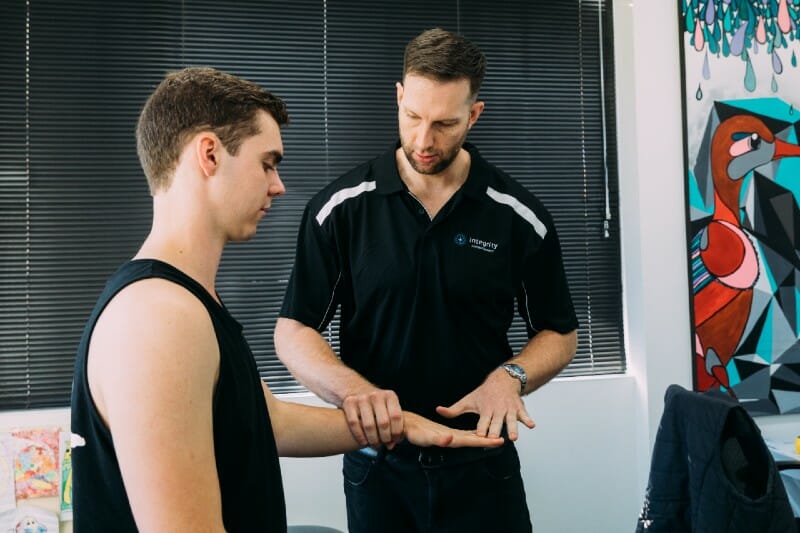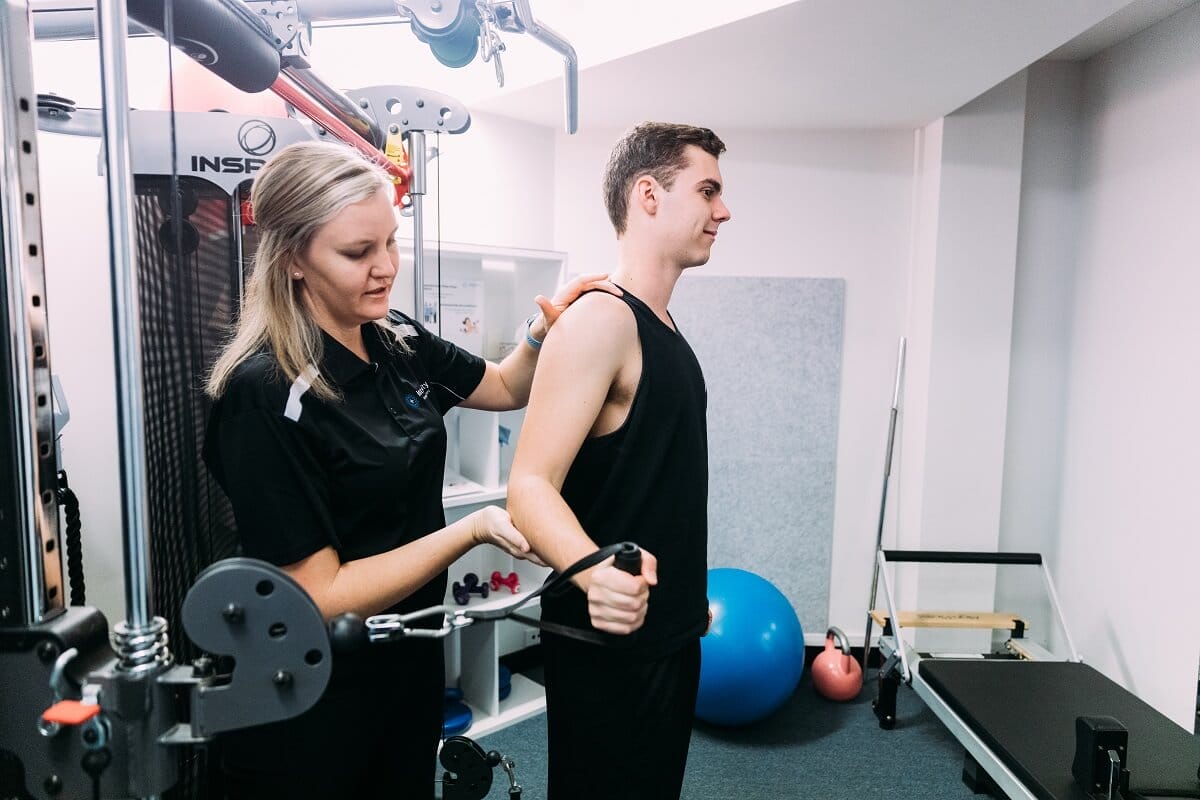
What Is Nerve Pain?
Nerve pain can cause stabbing sensations, numbness, burning or pins and needle sensations in the affected nerves. Nerve pain caused by damage or disease to the nervous system is also known as neuralgia and neuropathic pain. Neuralgia pain is due to problems with the signals from the nerves to the brain.
Another common type of nerve pain is called nociceptive pain, which is due to an injury that affects the nerves.
Neuralgia Or Neuropathic Pain
Neuralgia is caused by a problem with the nerves, affecting their ability to send messages properly. This can cause a variety of symptoms such as stabbing, shooting, burning and electric shock sensations. There are numerous conditions that can cause neuralgia, which include:
- Diabetic neuropathy
- Shingles
- Cancer
- Phantom limb pain
- Multiple sclerosis
- Trigeminal neuralgia
- Alcoholism
- HIV infection
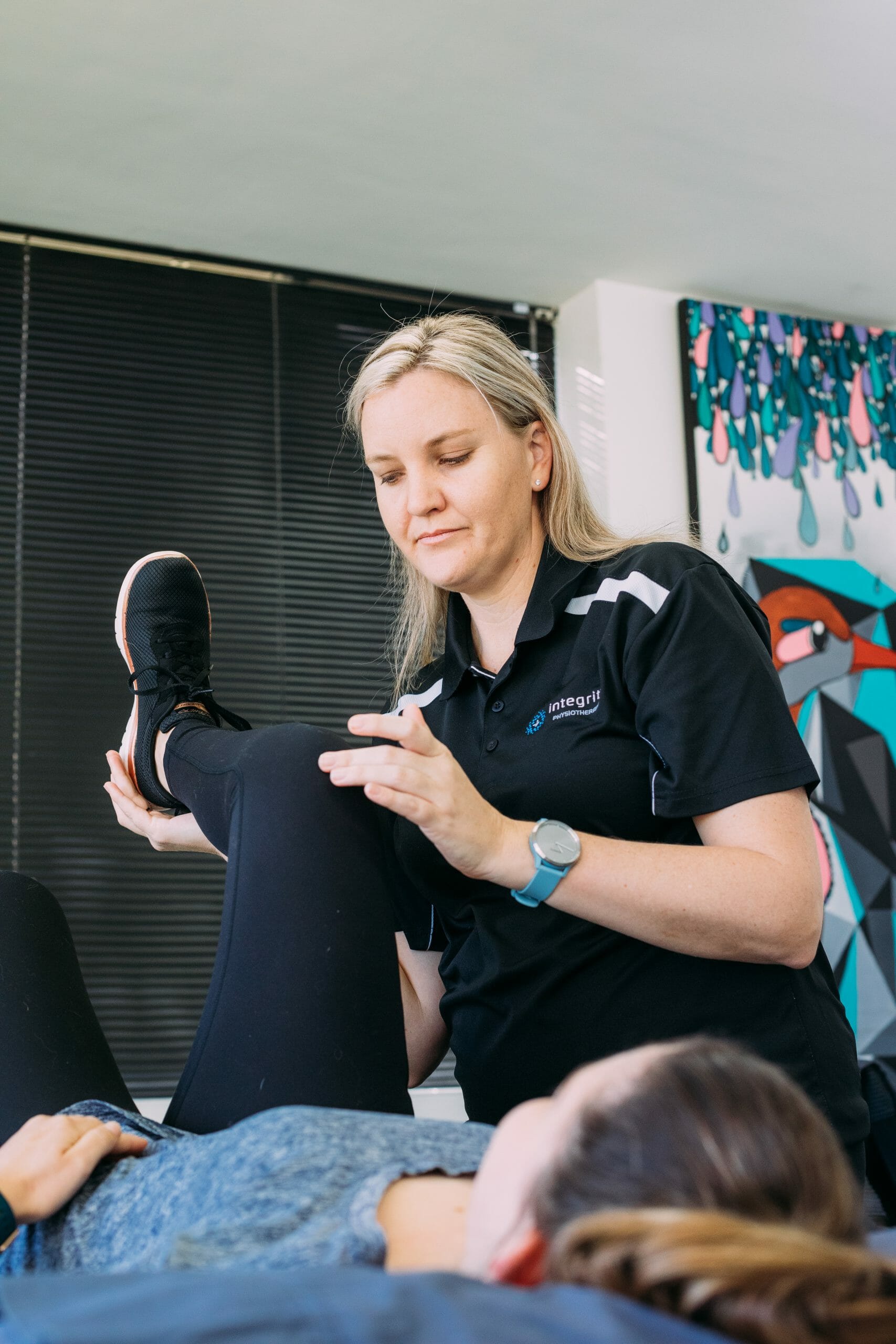
Treatment For Neuralgia
Compared to nociceptive pain (mentioned above), neuralgia is less likely to respond to traditional painkiller such as anti inflammatories, paracetamol or codeine. However, there are other medications that may help. Other treatments for neuralgia include a tens machine and physiotherapy.
The type of treatment for neuralgia depends on your symptoms and the cause. Because there are many conditions that cause neuralgia, there can be different treatment approaches. For example, if your neuralgia is caused by diabetes, then your treatment will include strict control of your blood sugar levels to assist with your symptoms.
Nerve pain physiotherapy Perth focuses on reducing your symptoms. This can be achieved through some or all of the following:
- Muscle strengthening
- Muscles stretching
- Mobilisation
- Sensory stimulation
- Home exercise
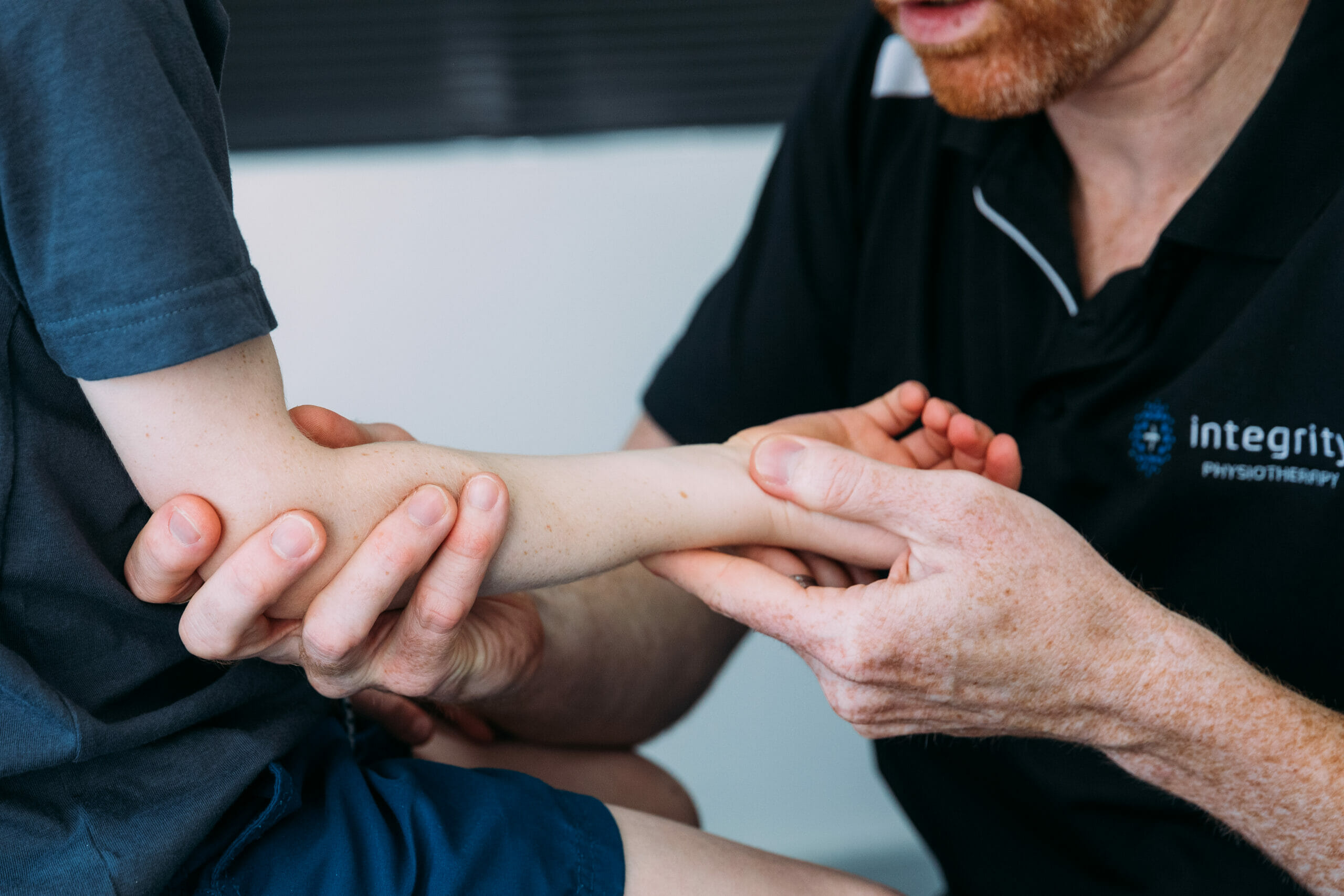
Nociceptive Pain
Nociceptive pain occurs due to an injury that affects the nerves. The injury causes pain signals to be sent to your brain. There are two types of nociceptive pain, somatic pain and radicular pain.
Somatic pain: This is caused by an injury to structures such as your muscles or joints which causes pain signals to be sent to your brain.
Radicular pain: This is due to an irritation of the nerve roots, for example a pinched nerve like in sciatica. This cause the pain signals to be sent in the other direction, away from the brain.
Some examples of injuries causing nociceptive pain include non-specific lower back pain, neck pain, pulled muscles and a sprained ankle.
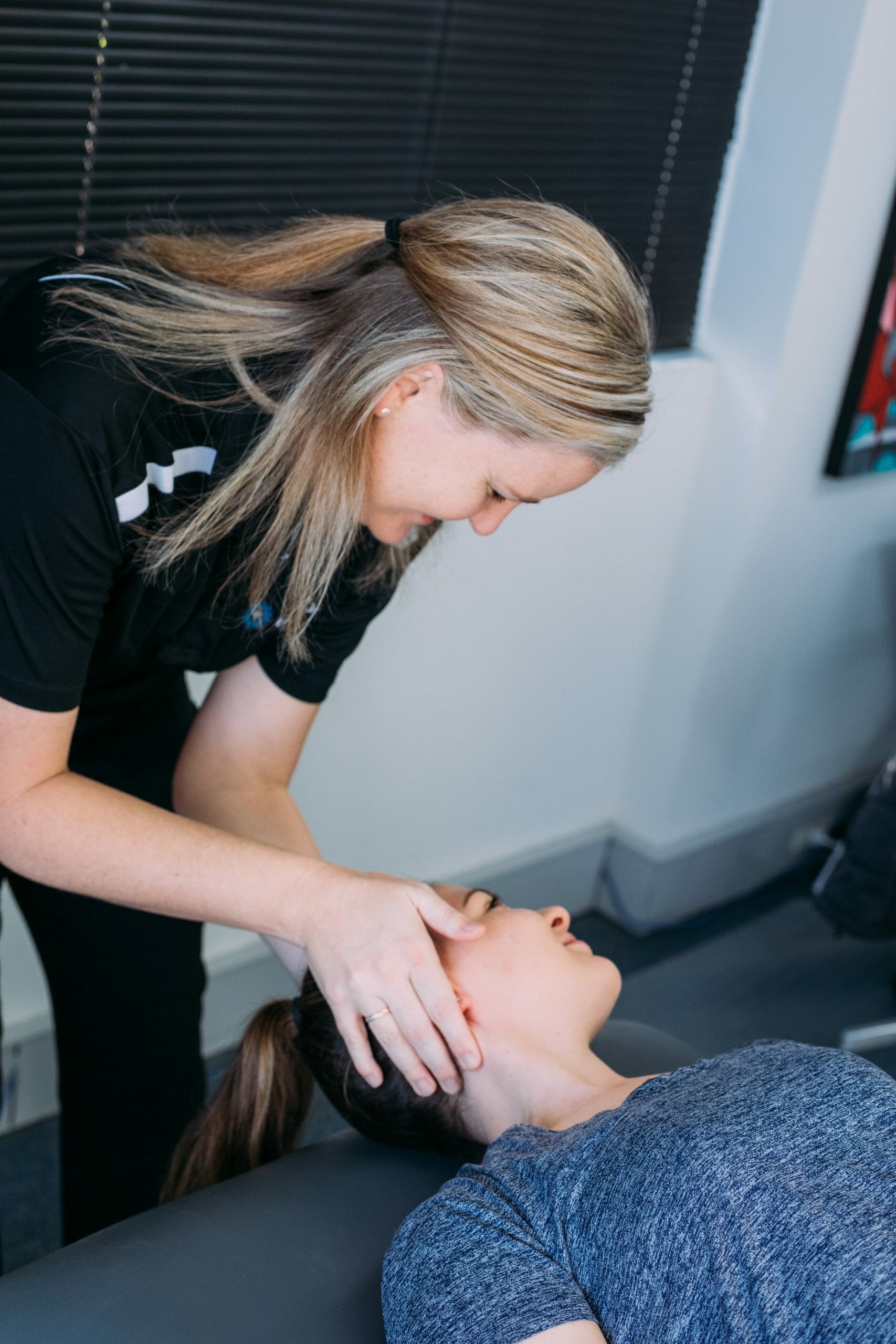
Treatment For Nociceptive Pain
Nerve pain physiotherapy Como is a very effective treatment for nociceptive pain. Your physiotherapist can help to identify the cause of your nociceptive pain, and in conjunction with medication (if needed), nerve pain physiotherapy Perth helps to reduce pain and nerve sensitivity.
Nerve pain physiotherapy Como may use a variety of techniques to help with your nerve pain. Some of these techniques include:
- Massage
- Dry needling
- Spinal mobilisation
- Muscle stretches
- Muscle strengthening
- Posture education and advice
- Prevention
Nerve pain physiotherapy Perth can provide many benefits for those suffering from nerve pain. Your physiotherapist aims to help you:
For further information about nerve pain physiotherapy in Como, contact our friendly staff.
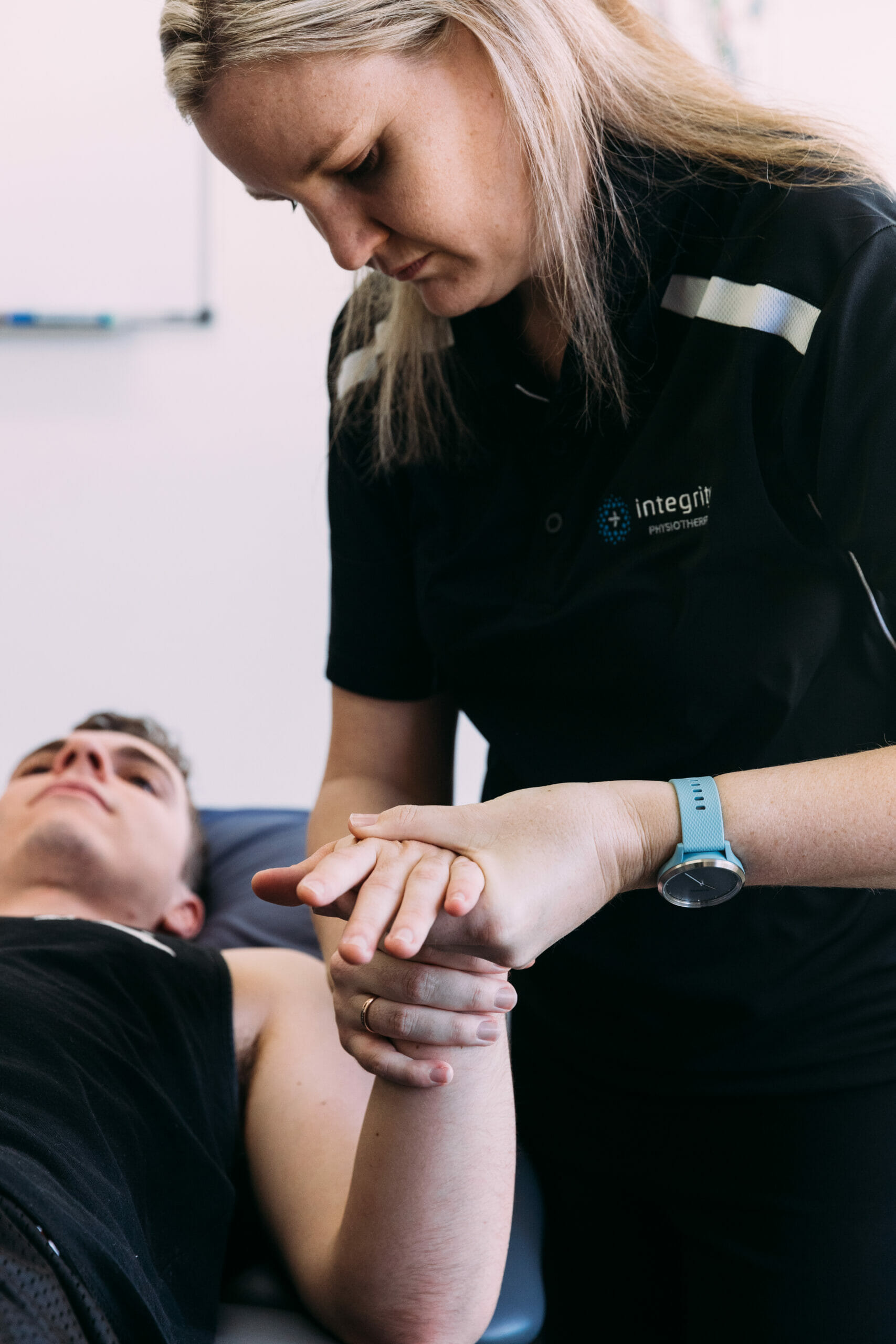
Our Nerve Pain Physiotherapy Service
Nerve pain is common and is something we treat very regularly. Patients will often attend our clinic saying ‘It’s so painful, I think I might have pinched a nerve’. At times though when muscles and joints within the body become tight and inflamed they can produce severe, sharp pain that can be perceived as ‘nerve pain’. Our experienced physiotherapists can assess and determine whether a nerve is really involved or whether another structure is the cause of the problem. They can then explain to you exactly what is causing your pain and proceed with the most appropriate treatment.
The most well known true nerve pain condition is ‘sciatica‘ where people experience a pain travelling from the lower back down the thigh into the leg. Most of the time the sciatic nerve is not ‘pinched’ or compressed but sensitised, and appropriate physiotherapy treatment with one of our experienced practitioners can help.
Many people ask ‘Do I need an X-ray, MRI or CT scan etc?’ Our experienced physiotherapists are highly trained to exclude red flags (serious pathology needing further investigation) using appropriate clinical questions and examination before imaging of any kind is necessary. This can all be addressed in your first consultation.

